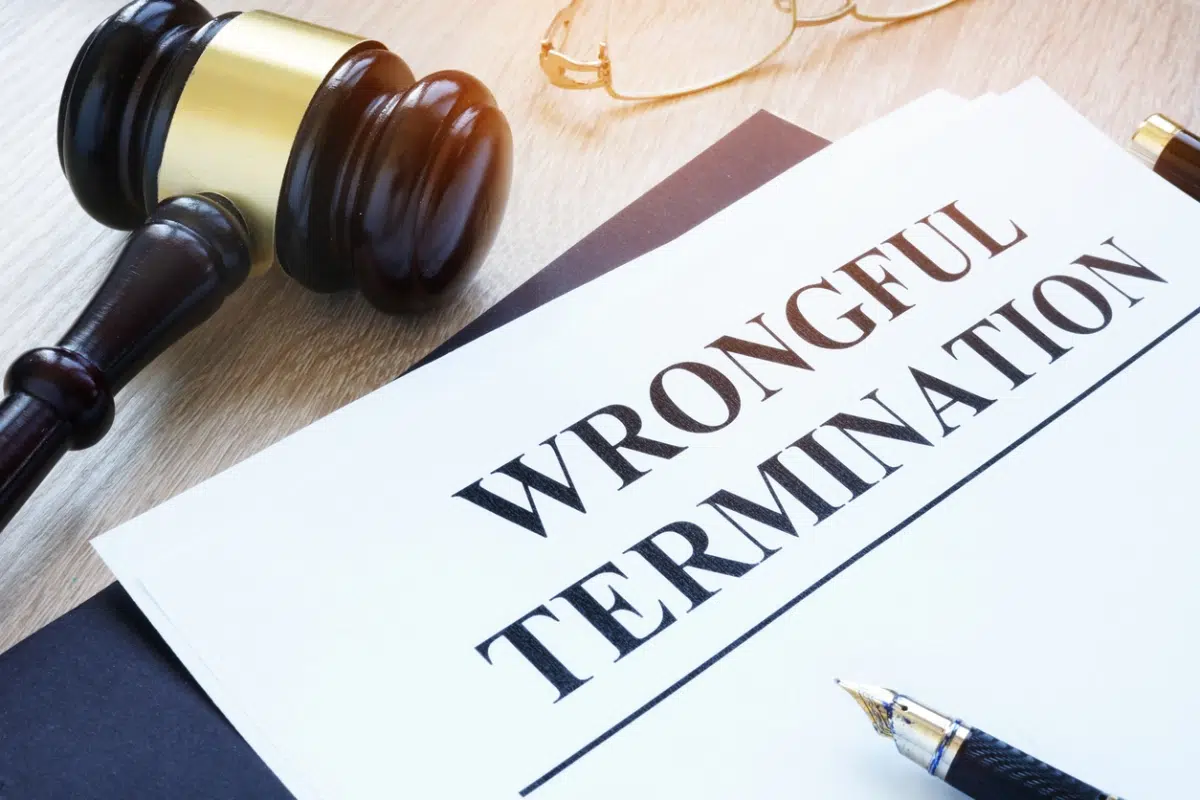If you have been fired, you may be wondering whether or not you should file a wrongful termination lawsuit. Regardless of the circumstances, getting fired is upsetting, and may likely feel unfair and unjust. However, not all terminations are legally wrongful, and proving that a termination is illegal can be complicated.
Navruz Avloni is an experienced employment attorney dedicated to fighting against wrongful termination in the workplace. If you believe have experienced wrongful termination or are looking for a wrongful termination lawyer, reach out to Navruz Avloni for a free consultation.
In California, employment is considered to be at-will. This means that an employee can chose to leave their job at any time, and that an employer may fire an employee at any time without cause. A termination is only considered to be illegal if the reason for the termination violates specific federal or state employment laws. There are specific motives for termination that are illegal and may give rise to a wrongful termination claim:
Discrimination: Federal and state employment law make it illegal for an employer to fire an employee on the basis of their membership in a protected class. Specifically, it is illegal in California for an employer to terminated an employee because of their race, color, religion, sex/gender, gender identity, gender expression, sexual orientation, marital status, medical condition, military or veteran status, national origin, ancestry, disability, genetic information, medical condition, request for family care leave, request for leave for employee’s own serious health condition, request for pregnancy disability leave, and age (over 40).·
Retaliation: Federal and state law prohibit employers from terminating employees in retaliation for engaging in specific protected behaviors. The law protects employees who report unlawful practices at work, including discrimination, harassment, wage practices, and more. If you make a complaint of discrimination, harassment, or other illegal conduct to your employer, resist discrimination, harassment, or other illegal conduct in the workplace, or participate as a witness in a complaint made by a co-worker, your employer may not fire you as a result. If your employer has fired you because you reported or resisted any form of unlawful activity at work, your employer has retaliated against you and committed wrongful termination.
Whistleblower Retaliation: Employees have the right to disclose information about their employers to government or law enforcement agencies, or to a persons with authority, if they have reasonable cause to believe that their employer is violating state or federal law. An employer can not retaliate against or terminate an employee who engages as a whistleblower.
Job Absences: The law entitles employees to take job-protected leave for numerous reasons, including but not limited to disability or medical leave. An employer may not fire an employee for taking job-protected medical leave, or if your employer fails to provide job protection while you are on job-protected leave.
Constructive Discharge: Constructive discharge occurs when an employee leaves their job because their employer has made it impossible for them to perform their work duties, leaving them no option but to quit. Constructive discharge may occur if, for example, you use a wheelchair and you cannot reach your workplace in your wheelchair. Constructive discharge may occur if harassment has created a hostile environment so that an employee can no longer perform their job duties.
If you believe you have a wrongful termination claim against a former employer, you may have the option to bring a wrongful termination lawsuit and may be entitled to damages in the form of lost pay, emotional distress damages, punitive damages, and attorney’s fees.
Take the following steps to support your case:
Save Evidence: Record all relevant events or interactions in writing. Save related notes, performance reviews, documents, and the employee handbook. You may request your personnel file to review any documents you have signed and to ensure that your file is complete.
Find an Attorney: Reach out to an employment lawyer. Avloni Law is a law firm dedicated to fighting against wrongful termination. Navruz Avloni is an experienced discrimination attorney and has successfully represented clients in wrongful termination cases. Contact us to schedule a free consultation with Navruz Avloni. We represent clients across California, with offices in Los Angeles, San Jose, and San Francisco.

